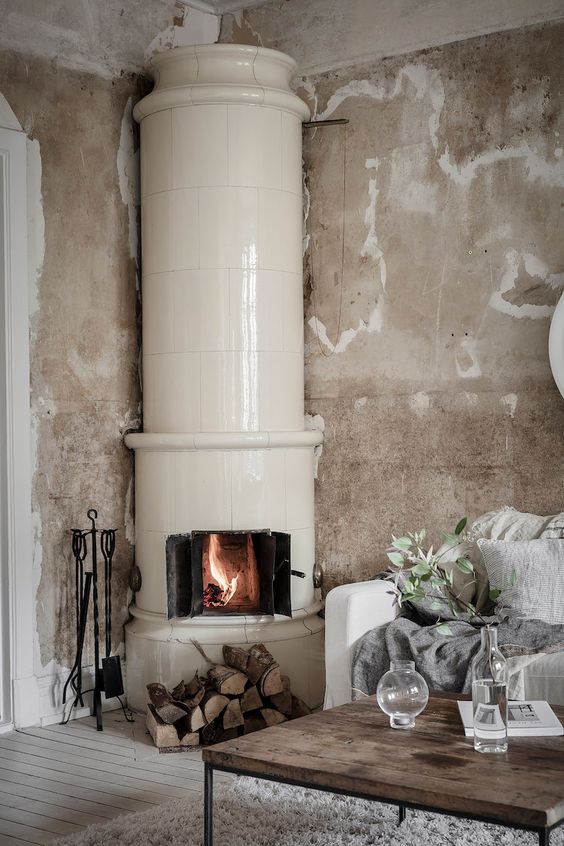Five Quick and Easy DIY Tasks To Protect Your Home This Winter
Winter is well and truly here and that means that unexamined maintenance issues around the home can become more pronounced. Here are five easy steps you can take to stay on top of the home maintenance throughout the colder months.

Bleed your radiators
At any given time, at least one of your radiators will be underperforming. That’s fine during summer when you’re unlikely to ever need to heat your home, but throughout winter, it can be a problem. Bleeding the radiator is a relatively simple and easy task. You can get a radiator key from most hardware stores and they’re not expensive.


To tell if your radiators need bleeding, turn on your heating and then feel the radiators. If the top is colder than the bottom, this is a sign that trapped air is preventing the water from reaching all parts of the radiator.
To bleed, turn off the heating and place a bowl or a large cloth under the valve and then turn the radiator key until air begins to bleed out. You may also notice some water dripping out but this is fine, provided that you’ve got something to capture it with.
Clean your gutters
Your gutters collect all manner of debris throughout the year, including leaves, litter and mud. Again, it’s not a big issue throughout the dry months as your gutters aren’t called upon to manage large amounts of rain. But in rainy months, blocked gutters can cause serious problems. If your gutter is overflowing, the water will spill out onto the brickwork and it won’t take long for it to permeate the brick and cause internal damp.
Cleaning the gutter is simple, but it’s essential to take safety precautions. Ensure that you’ve got a good ladder and if necessary, have someone hold if steady for you. Use gloves to make sure you don’t injure hands, as guttering can develop sharp edges when it’s worn down.
Give your home the “smell test”
Unusual smells are one of the biggest sources of discomfort for people in their homes but detecting them can be the first step in identifying a maintenance issue. According to research by property maintenance experts Aspect, unexplained or new smells cause grief for as many as two thirds of people. In most cases, odd or unusual smells can be attributed to damp, poor ventilation or pests, the latter being characterized by a note of ammonia. But one of the more unexpected findings from the study was that domestic electrics can contribute to the cornucopia of odors in a home. According to the research, a distinctly ‘fishy’ smell can often be attributed to the plastic shielding on electrical wiring. When the shielding is exposed to high heats, it can give of a weird ‘fishy’ smell that confounds most residents.
Check for air leaks
If you’re noticing a room is chillier than it should be or that there are cold spots within a specific room, this could be linked to an air leak, normally around a window seal or door frame. A good way to check is to take a cigarette lighter or candle – taking lots of care not to get the flame too close to any curtains or flammable material – and hold it near the suspected leak. If the flame flickers this suggests that there’s a small gap which is leaking air.
If you detect a leak, speak to a professional about getting the area properly filled and insulated.
Protect against pests
When the temperatures drop, pests such as rats, mice and squirrels look for warmer environments in which to nest. This is why people tend to notice infestations more often in winter. The first step to protecting against pests is to restrict their access to food. The second step is to ensure that they can’t access the inside of your home. One of the most effective ways of doing so is to block small holes and cracks, typically found under sinks, around skirting boards and in walls, with wire wool and silicone. When the wire wool bonds with the silicone, it expands to fill the hole and creates an ‘unchewable’ barrier against mosts pests.
Images source











